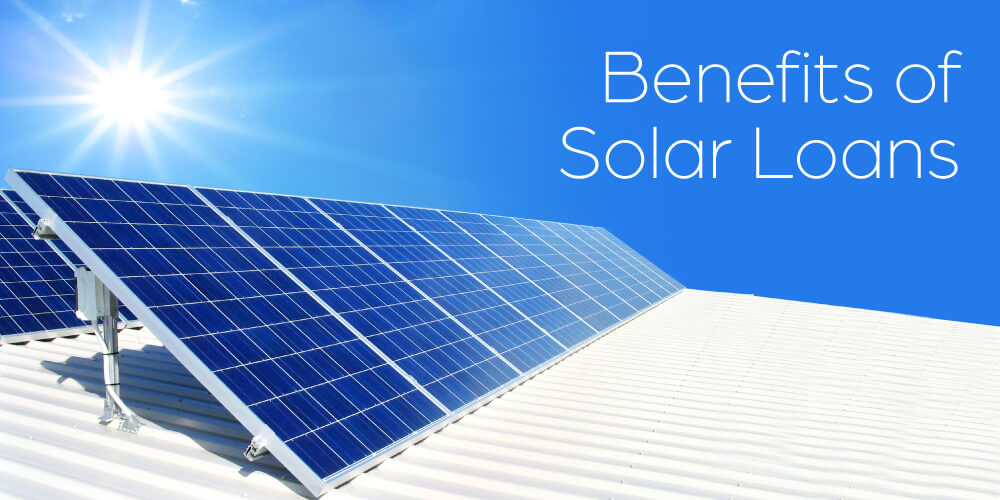Solar Loans: Powering Your Sustainable Investment
As the world transitions towards cleaner and more sustainable energy sources, solar power has gained immense popularity for its environmental benefits and long-term cost savings. Solar loans have emerged as a vital financial tool, enabling homeowners and businesses to make the switch to solar energy without the burden of upfront costs. In this 500-word article, we explore the concept of solar loans, their benefits, and how they facilitate the adoption of solar energy.
The Solar Revolution
The increasing awareness of climate change and the need to reduce carbon emissions have led to a surge in interest in renewable energy sources like solar power. Solar panels, which harness energy from the sun, have become a symbol of eco-consciousness, offering a sustainable alternative to traditional fossil fuels.
The Cost of Solar Panels
While the long-term cost savings of solar panels are significant, the initial upfront costs can be a barrier for many homeowners and businesses. Purchasing and installing a solar panel system can be a substantial investment, which may not always be feasible without financial assistance.
Enter Solar Loans
Solar loans provide a solution to this financial hurdle by offering a means to finance the purchase and installation of solar panel systems. These loans are specifically designed to cover the upfront costs of solar energy systems, making it easier for individuals and businesses to adopt clean energy solutions.
Benefits of Solar Loans
1. Affordable Financing: Solar loans offer affordable and flexible financing options, allowing borrowers to repay the loan over time through manageable monthly installments.
2. Immediate Savings: Solar panel systems begin generating electricity and reducing energy bills from day one, offsetting the cost of the loan and providing immediate financial benefits.
3. Ownership of Solar Panels: Unlike leasing arrangements, solar loans result in full ownership of the solar panel system, which increases the long-term financial benefits.
4. Tax Benefits: In some regions, borrowers may be eligible for tax incentives and credits, further reducing the overall cost of the solar panel system.
Types of Solar Loans
1. Secured Solar Loans: These loans are secured by the solar panel system itself or other assets, often offering lower interest rates due to the collateral.
2. Unsecured Solar Loans: Unsecured loans do not require collateral and are based on the borrower’s creditworthiness. While they may have higher interest rates, they offer flexibility and faster approval.
Solar Loan Providers
Various financial institutions, including banks, credit unions, and specialized solar loan providers, offer these financing options. Homeowners and businesses can choose from a range of loan providers to find the terms and rates that best suit their needs.
Considerations Before Taking a Solar Loan
1. Credit Score: Borrowers should assess their credit scores and financial health to determine eligibility for solar loans and secure favorable interest rates.
2. Loan Terms: Evaluate the loan terms, interest rates, and repayment schedules offered by different providers to find the most cost-effective option.
3. Solar Panel System Size: Determine the appropriate size and type of solar panel system that meets your energy needs and budget.
Conclusion
Solar loans have democratized access to clean and sustainable energy solutions, allowing homeowners and businesses to embrace solar power without the burden of prohibitive upfront costs. As the demand for renewable energy continues to grow, solar loans are expected to play an increasingly crucial role in advancing the adoption of solar panel systems worldwide. By providing affordable and flexible financing options, these loans empower individuals and organizations to make the transition to clean energy, contributing to a greener and more sustainable future.

Leave a Reply